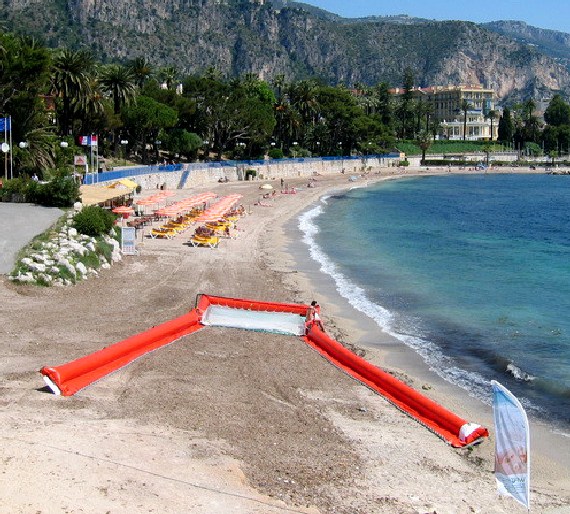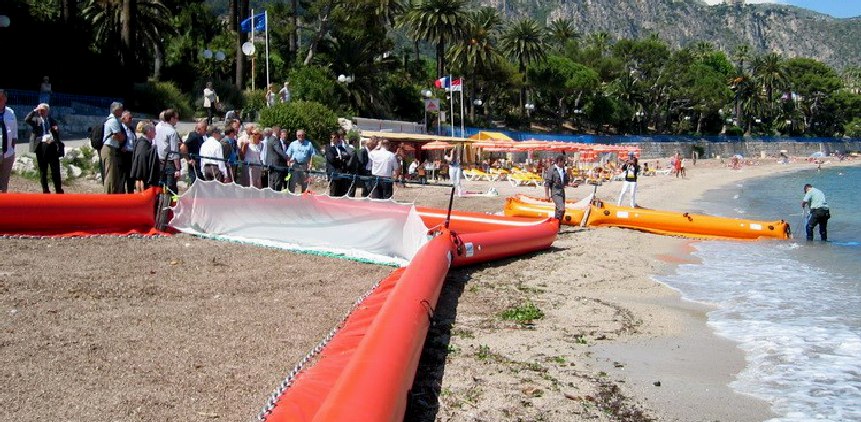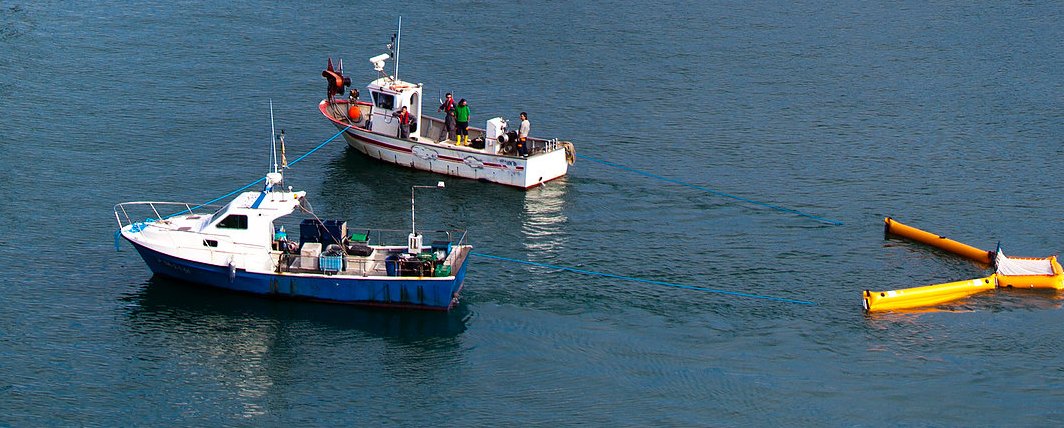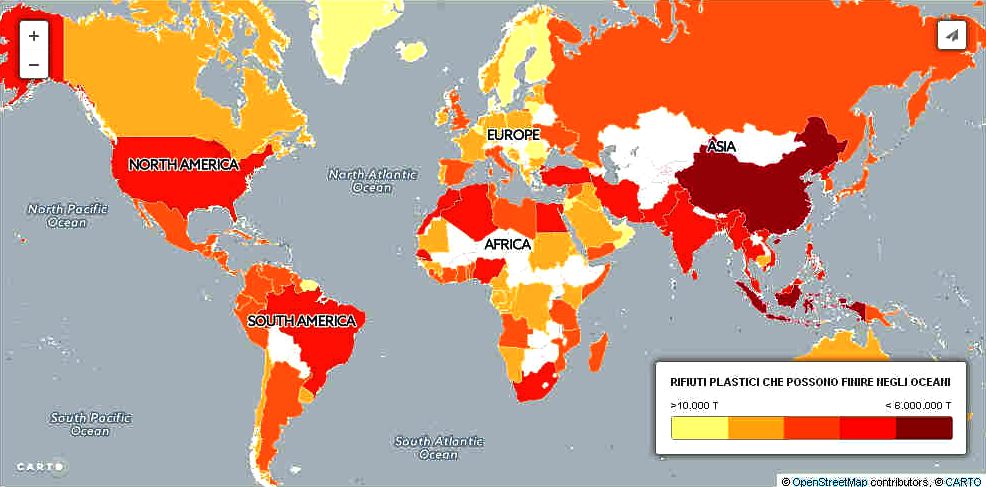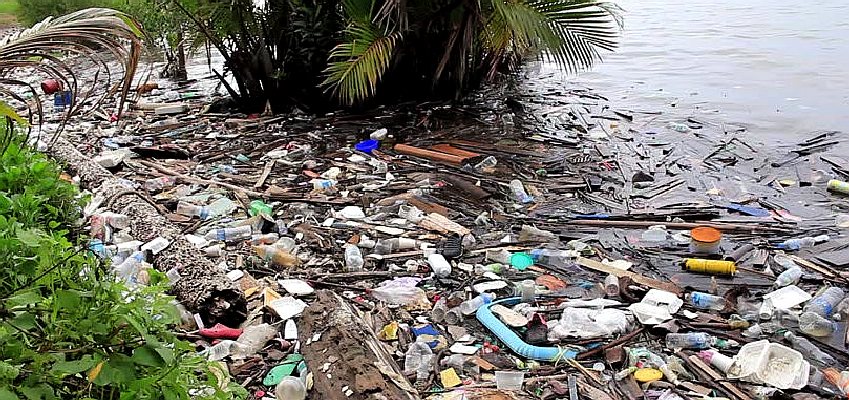|
WASTE FREE OCEANS FOUNDATION
|
|
|
FISHING FOR PLASTIC - [LEFT] This is an example of a small fishing boat fishing alone for ocean waste using a trawl and floating boom to scoop up plastic waste. This system cannot collect microplastics and uses fossil fuel to collect waste in a manner that may not be described as green. It is though a superb effort and offers an alternative income to the operators who join the scheme. [RIGHT] One of the larger 'V' shaped collector booms laid out on a beach.
According
to their website Waste Free Oceans is dedicated to transforming ocean
plastics by working with fishermen and brand owners to collect and recycle ocean plastic into new products.
* Type of waste for value of catch. * Quantity of waste that can be collected, again for value of catch. * Logistics both in terms of collection and transport to recyclers to weigh diesel cost against harvest value. *
On site inspections and local conditions that may affect ability of trawlers to collect waste.
WASTE FREE OCEANS (WFO) CONTACTS
WFO Europe WFO The Americas
WFO Turkey & MEA
GUARDIANS - [LEFT] One of the team of ocean fishermen who trawl for plastic and other waste on their idle days, when not fishing for fish. Nice one chaps. [RIGHT] One of the jumbo bags used to transport the waste, similar to a builders ballast bag.
DIESEL POWERED TRAWL - Here you can see an example of two small fishing boats working together to trawl one large mouthed boom and collector head in a sharp 'V' formation. The width of the mouth does not appear much greater that with the single boat trawl at the foot of this page, but with two boats working together the pull is obviously greater.
BLUE GROWTH - Various European initiatives have been launched in 2017 aiming to promote blue growth in their geographical regions.
PLASTIC OCEANS MAP - It is estimated that by 2050, there will be more plastic in our oceans than fish.
LINKS & REFERENCE
https://www.wastefreeoceans.org/ https://www.wastefreeoceans.org/fishingforlitter press@plasticsoupfoundation.org https://skyoceanrescue.com/
WASTE - This is an example of a pollution hotspot that is difficult to trawl with conventional fishing boats, being close to land.
ACIDIFICATION - ADRIATIC - ARCTIC - ATLANTIC - BALTIC - BAY BENGAL - BERING - CARIBBEAN - CORAL - EAST CHINA SEA ENGLISH CH - GOC - GULF GUINEA - GULF MEXICO - INDIAN - IOC - IRC - MEDITERRANEAN - NORTH SEA - PACIFIC - PERSIAN GULF - SEA JAPAN - STH CHINA - PLASTIC - PLANKTON - PLASTIC OCEANS - SEA LEVEL RISE - UNCLOS - UNEP WOC - WWF
|
|
|
This webpage is copyright © Cleaner Oceans Foundation Ltd (Company No: 4674774) 2017, Solar Studios, BN271RF, United Kingdom. The name Miss Ocean™ is a trademark of the Cleaner Oceans Foundation™.
|

